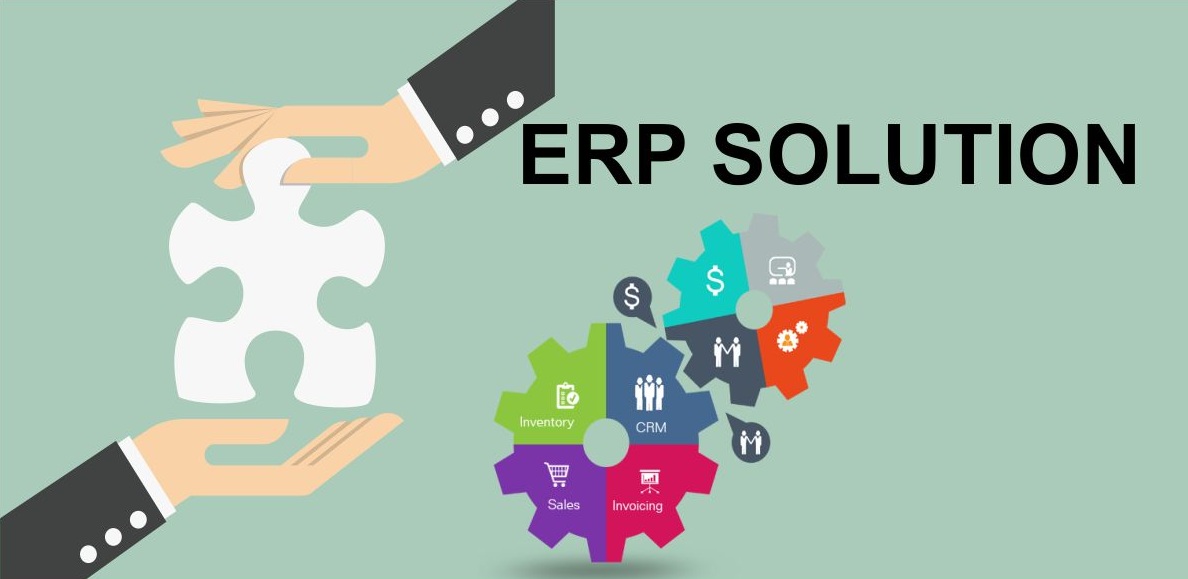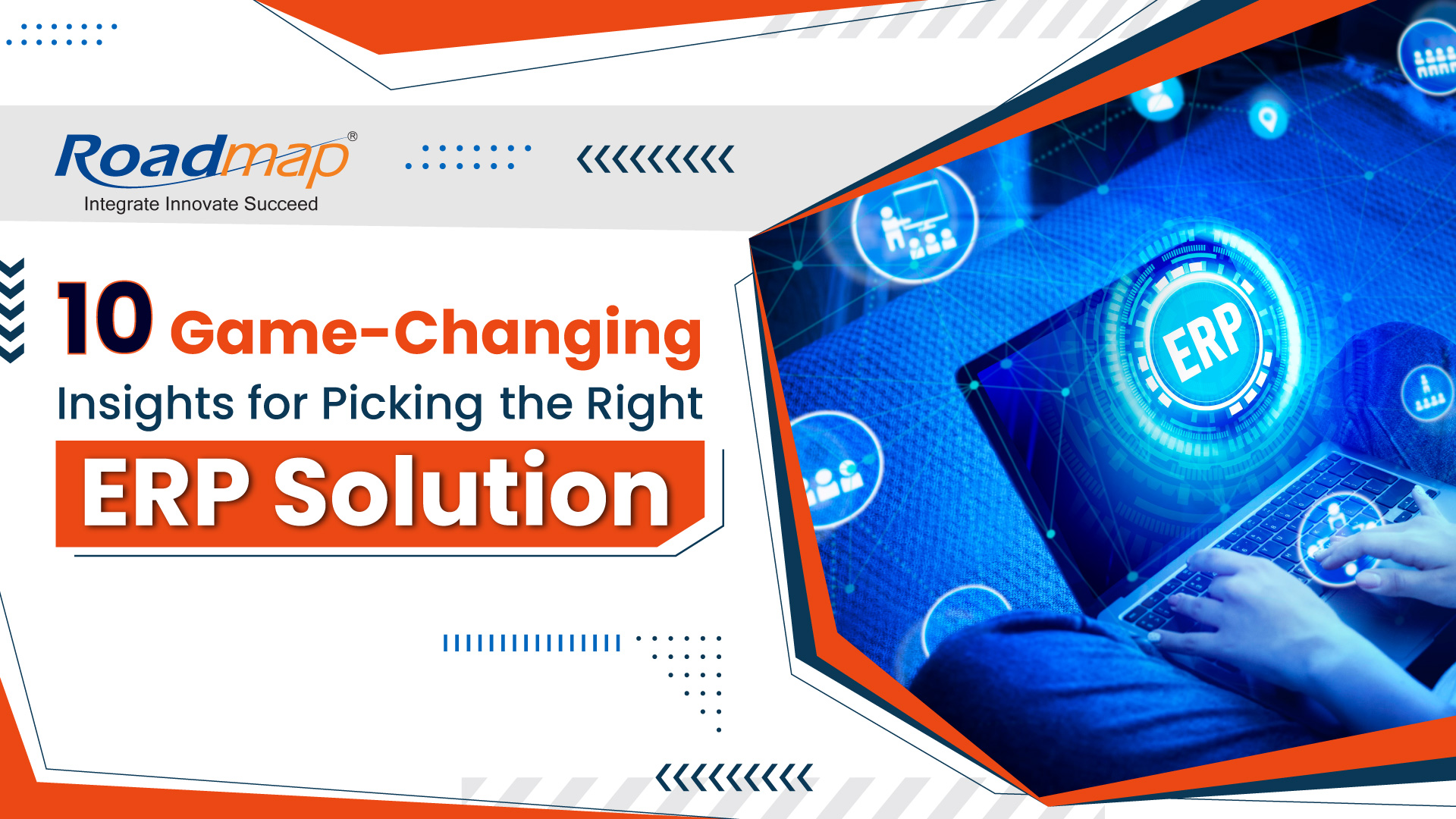
- Soundararajan
- 27-Jun-2018 09:57:33
ERP is a solution
Every business has its own objectives, processes and requirements. Above all, today's businesses need technologies with complete functions which can bridge the gap between business processes and people. To run a large organization with multiple departments and teams successfully, an ERP system gives a helping hand by synchronizing all information and communication within the organization. ERP is a combination of software and company's activities performed to manage operations. With ERP software, the entire project value chain is aligned and critical processes are streamlined effectively.
When Do You Need An ERP?
So, why and when do you need an ERP system? When your business starts dropping the ball, lacking proper communications, or you observe you are giving more time in paperwork than in actually running the business, you need to have an ERP system. You need to set up various workflows and methods (automated & manual) which may or may not be documented formally.
Implementing an ERP system requires a significant investment of time and money. So if you your organization is not big or complex enough to drive significance.
Why Do You Need an ERP System?
Implementing an ERP system within an organization changes the way people work. Top management has to be practical in explaining the reasons for implementation and how the business as a whole will benefit if it is adopted wholeheartedly by the organization staff. The following points can be good justifications for implementing an ERP system.
ERP Helps Process Automation
ERP systems allow companies to achieve actual business process automation, managing important tasks on a daily basis across an organization and freeing up staff to focus their efforts on more critical initiatives which require personal attention. This not only boosts the productivity, but also dramatically reduces operating and overhead costs. Without ERP systems, you can't have cross departmental collaboration and prudent workflow execution.
Less Errors, More Efficiency
Another reason to deploy an ERP system is to achieve operational efficiency. Error-prone, awkward, manual processes, etc. can drain company's money and time. And therefore, companies must automate critical activities and augment the business process efficiency. No matter how big or small your business is, or what type of business it is; requiring different teams and departments to operate as a single can be quite challenging.
Better Communication, Higher Productivity
ERP solutions can help intensify the internal interaction; the solutions also improve interaction between customers and suppliers. If suppliers can coordinate easily with finance, marketing and sales or even integrate with an ERP system, then productivity is sure to increase. Thus, the availability of real-time communication for different groups within an organization allows rapid responses and managed coordination.
Better Information Management
Many organizations still have inconsistent information across the business. For instance, if accounts department and call center access two different databases that are not integrated, customers with a billing question is not likely to get a precise answer if they approach the call center for help. Such problems may look small on the surface but can add up over time, resulting in bigger customer satisfaction and retention issues which can adversely affect revenues and market share.
An ERP system automatically processes transactions and generates audit and financial reports. By implementing ERP solutions, you can make accounting process more accurate, faster and smoother than before.
Better Performance Measurement
Above all, an ERP system makes it easier for company staff at all levels, from front end employees and team supervisors to senior executives and managers - to measure company's performance and understand the impacts within the company. The Enterprise Resource Planning system also empowers organizations to be more receptive to shifts, rapidly changing tactics to address new customer requirements as they emerge.
To Conclude
In a nutshell, businesses prefer to implement an ERP system because they need improvement in internal business processes and overall business performance. They also want to reduce labor costs, IT expenses and improve interactions between staff and companies.





